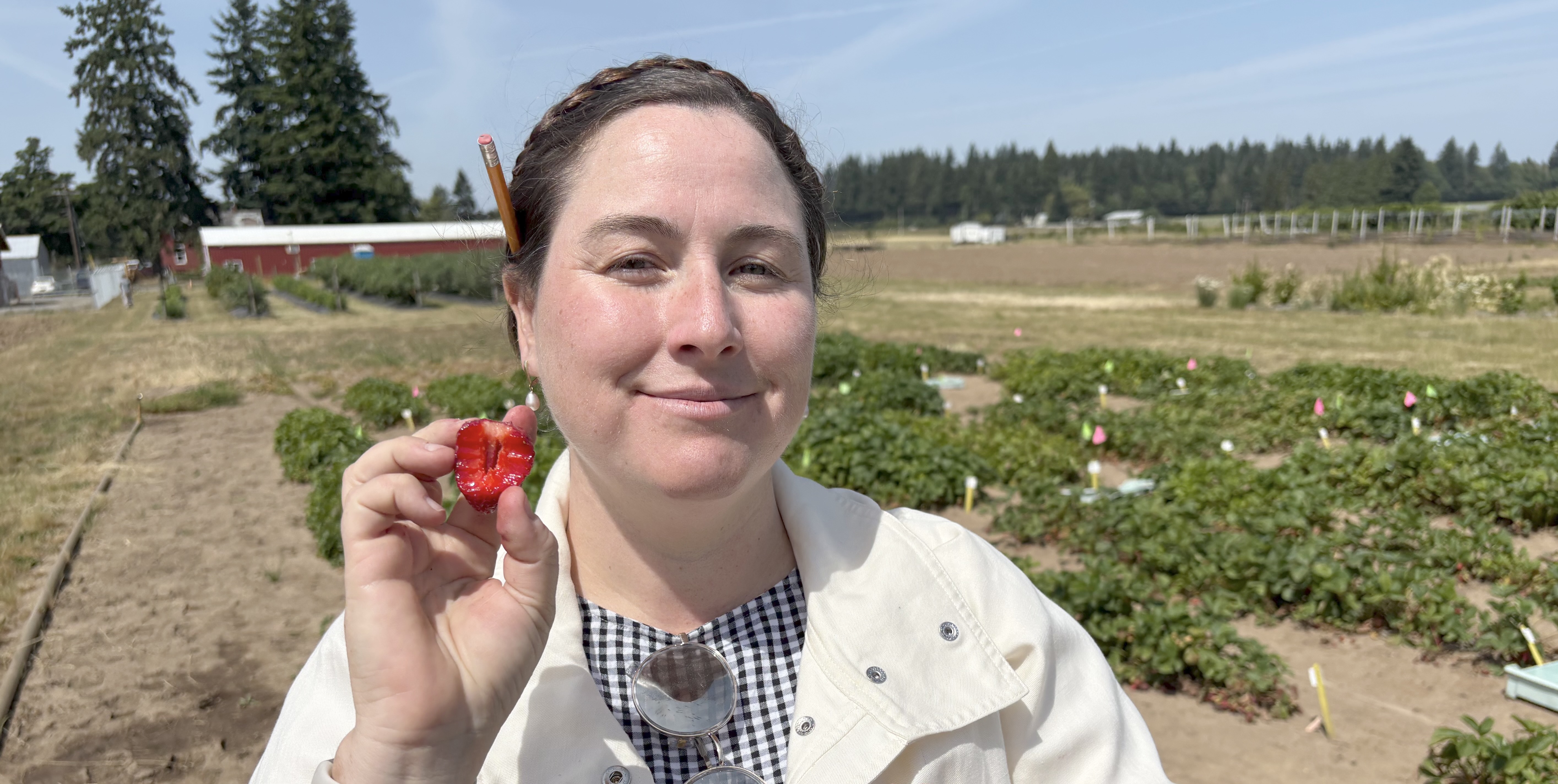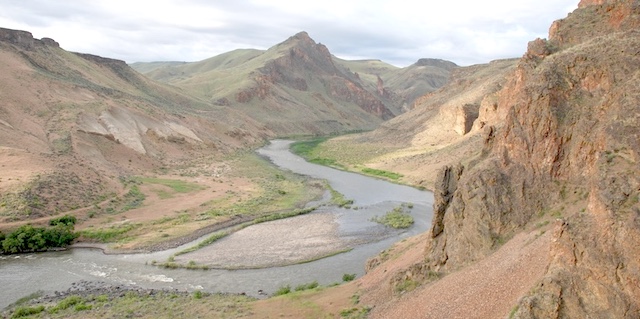Comments won’t impact Washington’s EV law
Published 1:45 pm Tuesday, September 13, 2022
At the Washington Department of Ecology’s invitation, state residents are commenting on whether to phase out new gas- and diesel-powered cars, pickups and SUVs by 2035.
As of early Tuesday, the department had posted 52 comments. Remarks vary in length and depth and viewpoints, but all are apparently irrelevant.
The ban is inevitable, according to Ecology, given that Washington legislators in 2020 ordered the department to do whatever California did about requiring zero-emission vehicles.
Two years and five months after Gov. Jay Inslee signed the bill, the California Air Resources Board voted to do away with new passenger vehicles powered by fossil fuels or biofuels.
The board has 14 voting members and 12 were appointed by Gov. Gavin Newsom or his predecessor, Jerry Brown. The board was not modest about what it had done. The chairwoman called the vote “world changing.”
It meant 35% of new passenger vehicles sold in Washington in 2026 must be fueled by electricity or hydrogen. The percentage will increase each year until it hits 100% in 2035.
The Inslee administration plans to formally adopt the rule by the end of the year. Less than two weeks after the California vote, Ecology opened a comment period that will last until Oct. 19.
Based on comments, the department could fine-tune how automakers earn credits for selling electric vehicles and also reporting requirements for businesses that operate heavy trucks. The reports could shape a “statewide strategy” to reduce truck emissions, according to Ecology.
As of early Tuesday, no one had commented on those two issues. All comments were about the ban, which Ecology says isn’t up for debate.
California’s zero-emissions standard must be adopted without changes, Ecology spokesman Andrew Wineke said in an email.
Washington law requires, and Ecology agrees, that people have an opportunity to speak their minds, he said.
“It’s a matter of transparency and public access to the regulatory process that is still important even when part or all of the regulations are dictated by statute,” Wineke said.
Jason Mercier, government reform director for the conservative Washington Policy Center, said he can’t recall an agency taking comments on a law it says it has no control over.
At least, Mercier said, the comments will build a public record and maybe give legislators a reason to reconsider automatically following California.
“It’s a weird situation,” he said. “It’s a strange thing to begin with — to outsource policy to another state.”
Some commenters are praising the ban. “This is wonderful. We are passing tipping points that will lead us into climate chaos,” a woman wrote.
A woman said she supports the California law and wants an electric car, but couldn’t charge it at home. “How will it be affordable to establish electrical outlets in my parking strip?” she asked.
Others also asked questions such as, How will batteries be recycled? Is there enough electricity? How much will the transition to EVs cost taxpayers? Can electric vehicles pull a horse trailer?
A woman commented: “From what I’ve observed so far, the answers to these questions are not being addressed to the public.”





